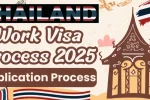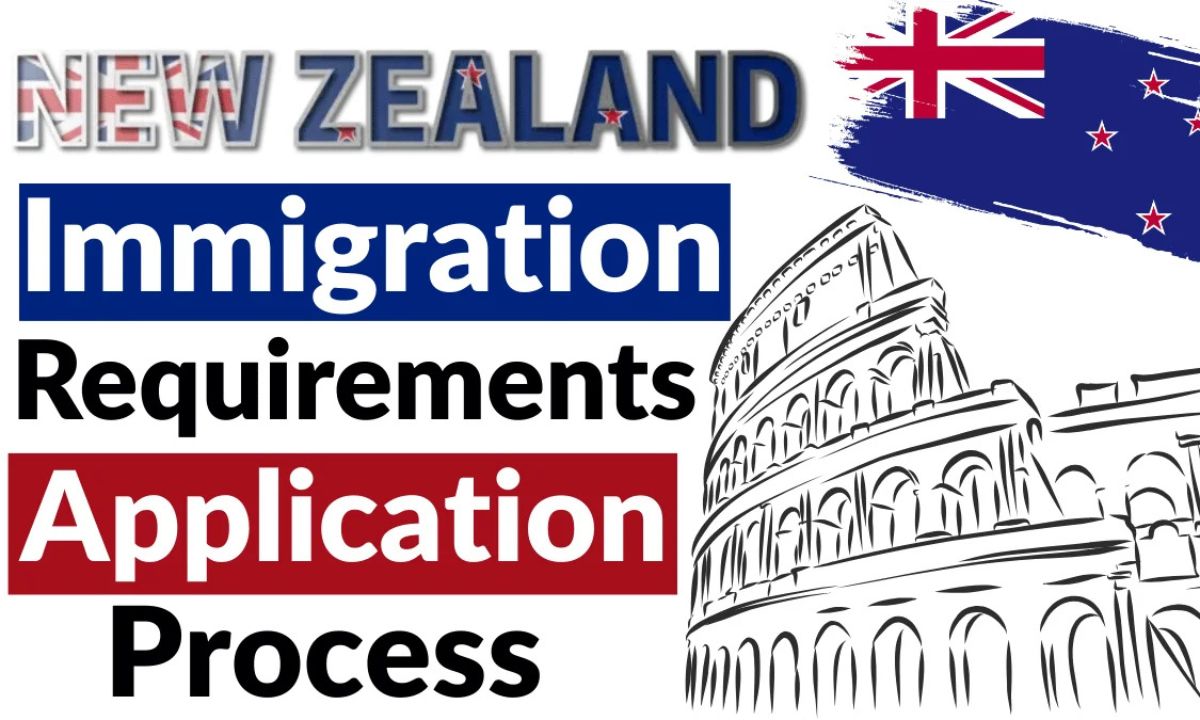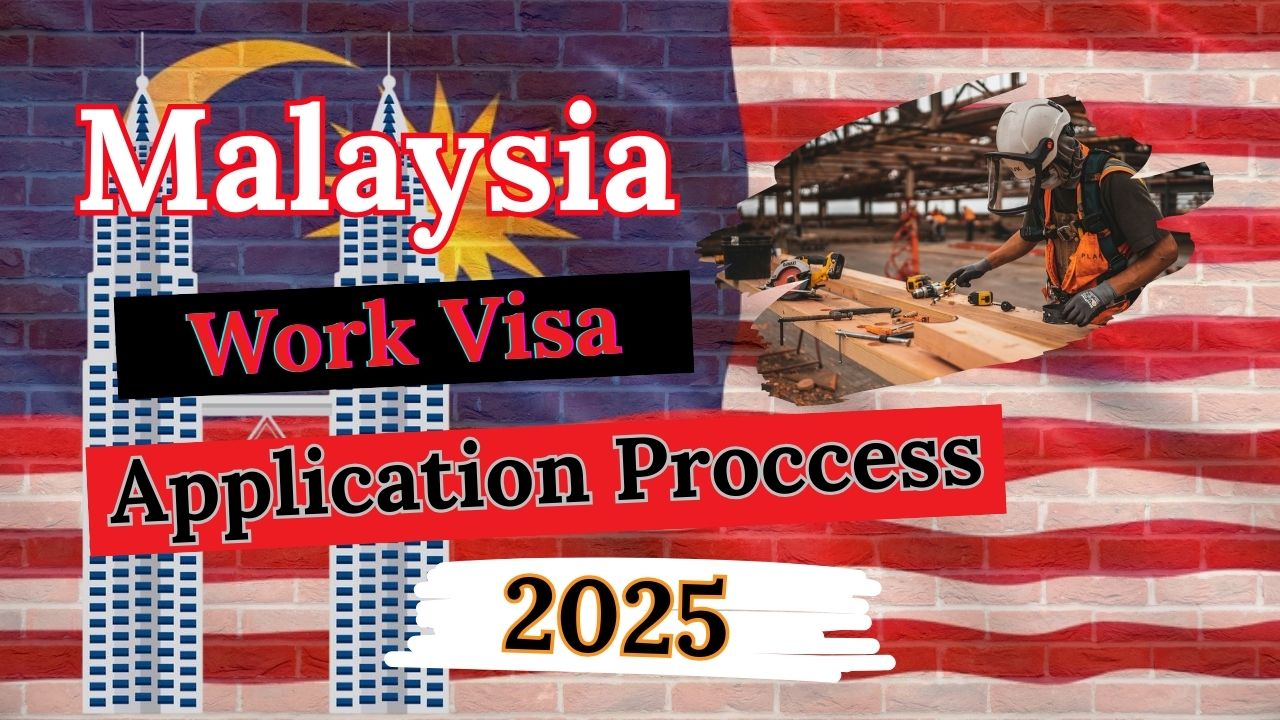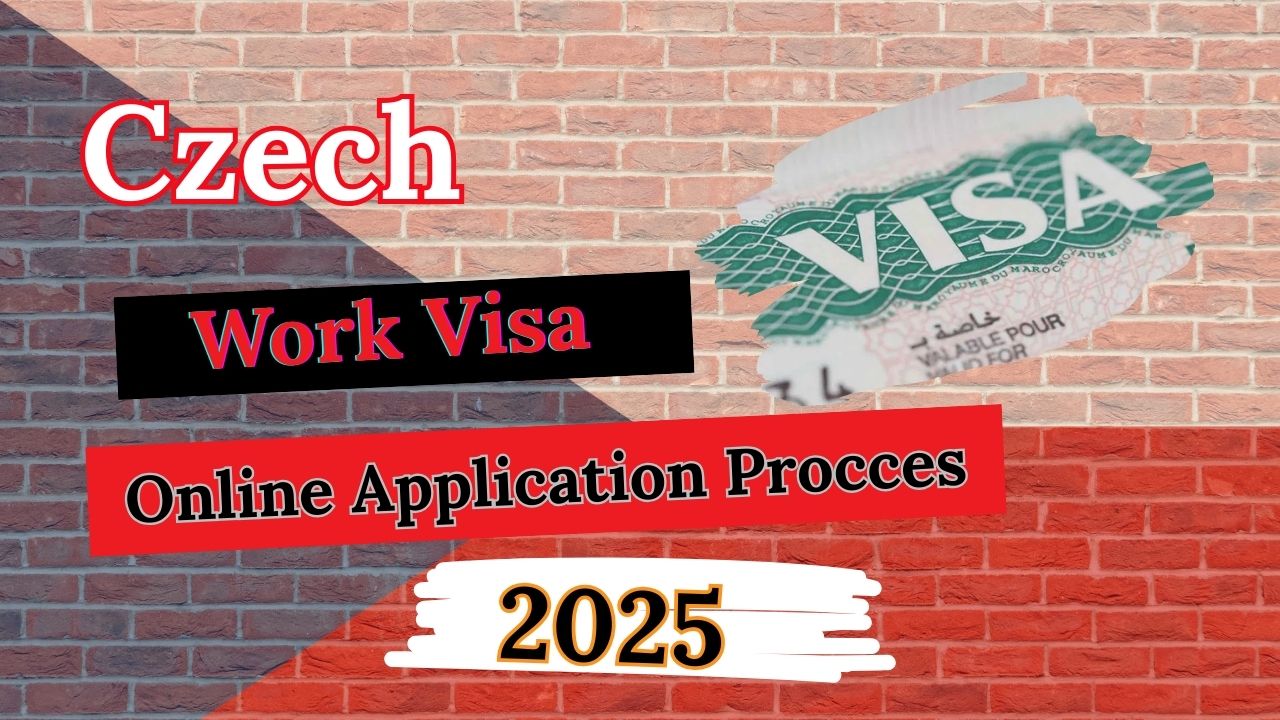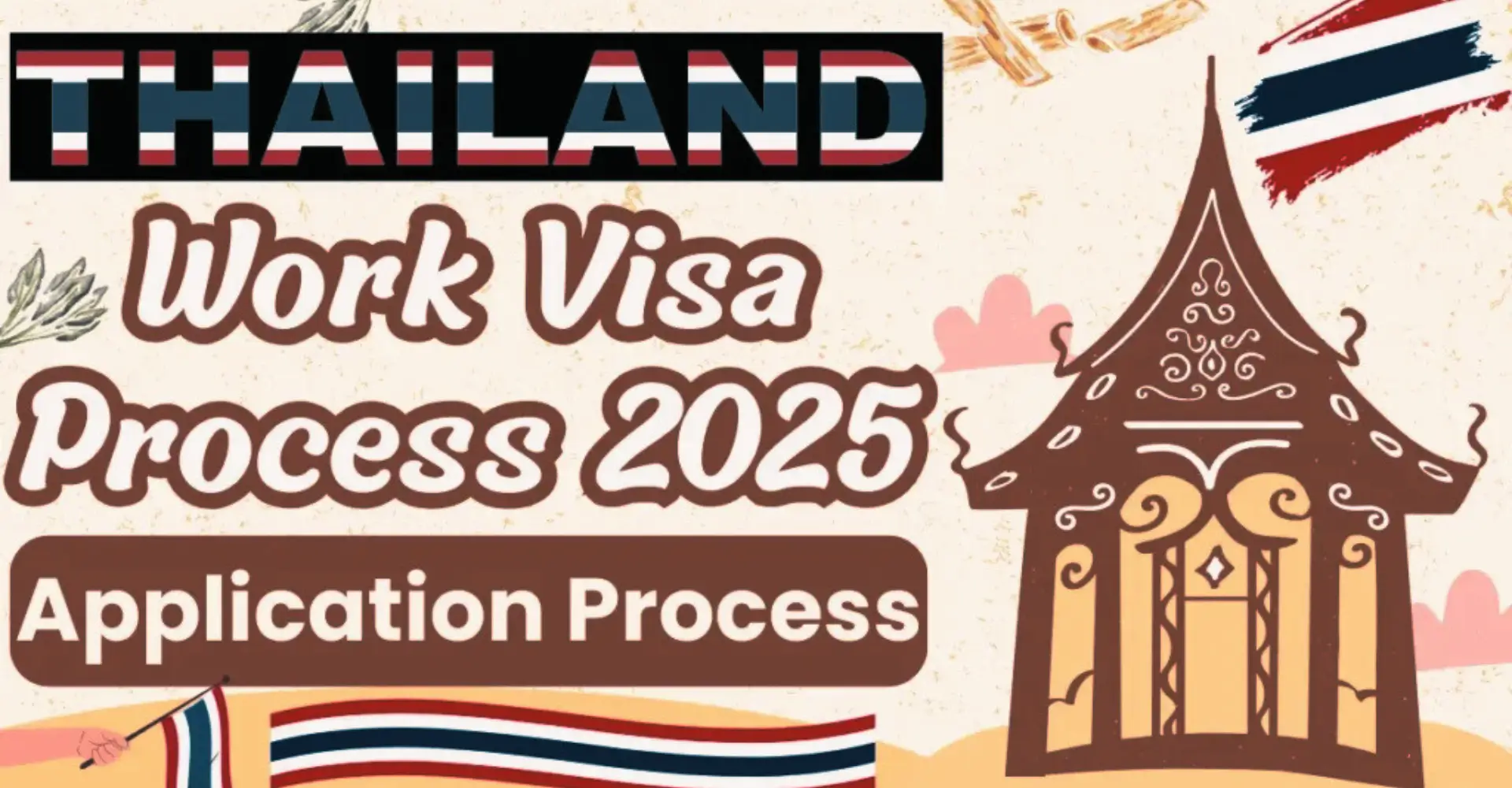Free Saudi Arabia Work Visa for Pakistanis in 2025. Are you looking for a free Saudi Arabia work visa for Pakistani applicants in 2025? You’ll often see ads promising a “free visa,” but in practice it means the employer covers official recruitment and work-permit (iqama) costs—not that a visa is available without a job offer. This guide explains the full process from Pakistan: job offer and MOFA authorization, GCC Wafid medical, Tasheer biometrics/visa stamping, and Protector of Emigrants clearance. You’ll also see who pays which fees, realistic timelines, and the red flags that help you avoid scams.Quick Answer (TL;DR)
- There is no open, zero-cost visa without a valid job offer.
- “Free visa” generally means the employer pays recruitment, work-permit/iqama and certain exit/re-entry costs.
- Pakistanis must complete medical (Wafid), biometrics & stamping (Tasheer), and Protector of Emigrants formalities before travel.
What Does “Free Visa” Actually Mean?
In genuine offers, employers usually bear the official costs of hiring foreign workers—such as work-permit/iqama fees, recruitment costs, and exit/re-entry charges during the contract. That is why ads say “free visa.” It does not mean:
- You can get a visa without a job offer.
- You should pay an agent for a “visa” in advance.
- A visa is transferable at will without employer consent.
Bottom line: If someone asks you to pay “visa fees” to a personal account, treat it as a red flag.
Eligibility & Required Documents
Core requirements
- Valid Saudi job offer/contract with position, salary, benefits, and duration.
- MOFA work-visa authorization details provided by the employer.
- Passport with 6+ months validity and blank pages.
- Education/experience documents attested if required for your profession.
- GCC Wafid medical fitness report.
- Biometrics and visa submission at an authorized Saudi visa center (Tasheer).
- Protector of Emigrants registration/clearance in Pakistan.
- Passport-size photos per Saudi specifications.
Nice-to-have
- Police clearance certificate (if asked for your category).
- Offer letter and contract copy (keep both for Protector and travel).
- Experience letters matching the offered job title.
Step-by-Step: Saudi Work Visa from Pakistan (2025)
- Get a job offer
- Confirm job title, salary, benefits (housing/transport or allowances), overtime, probation, contract length, and ticket policy.
- MOFA Authorization
- The Saudi employer obtains MOFA employment visa authorization and shares the reference details with you.
- GCC Wafid Medical
- Book your Wafid medical at an approved center in Pakistan.
- Obtain a “Fit” report to proceed.
- Biometrics & Visa Stamping (Tasheer)
- Schedule your Tasheer appointment.
- Submit passport, forms, photos, medical report, and MOFA details.
- Provide biometrics and any required documents for stamping.
- Protector of Emigrants (Pakistan)
- Complete e-Protector registration, pay official fees, attend briefing (if applicable), and get the Protector sticker/clearance.
- Travel & Iqama
- Fly to Saudi Arabia after visa issuance.
- Employer completes iqama (residency/work-permit) issuance, medical insurance activation, and contract onboarding.
Costs & Who Pays (Typical Practice)
| Item/Stage | Usual Payer in Genuine Offers |
|---|---|
| Recruitment & hiring costs | Employer |
| Work-permit/iqama issuance/renewal | Employer |
| Profession change, exit/re-entry during contract | Employer |
| MOFA visa processing & consular stamping | Often Employer (check contract) |
| Wafid medical & Tasheer service charges | Employer or reimbursed (contract-dependent) |
| Protector of Emigrants fees (Pakistan) | Employer or OEP (ethical practice; confirm in contract) |
| Return ticket at end of service | Employer |
Always confirm in writing who pays what. Keep receipts for any expenses you bear.
Processing Time & Sample Timeline
| Week | Action | Notes |
|---|---|---|
| Week 0 | Job offer accepted | Verify contract terms and title match your experience. |
| Week 1–2 | MOFA authorization by employer | You’ll receive reference/details for stamping. |
| Week 2–3 | Wafid medical | Book early; delays occur in peak season. |
| Week 3–4 | Tasheer biometrics & visa submission | Carry originals and clear photocopies. |
| Week 4–6 | Visa decision | Timing varies by category and season. |
| Week 6–7 | Protector of Emigrants | Complete before travel. |
| Week 7+ | Travel & iqama issuance | Employer handles local formalities post-arrival. |
Note: These are indicative timeframes. Actual durations can be faster or slower.
After You Arrive in Saudi Arabia
- Iqama issuance (keep a copy on you once issued).
- Medical insurance activation as per contract and local rules.
- Bank account opening (your iqama is typically required).
- Contract orientation: payroll cycle, overtime policy, leave entitlement, end-of-service benefits.
Top Red Flags & How to Stay Safe
- “Pay first, job later.” Never transfer “visa fees” to personal accounts.
- No written contract. Insist on a signed offer/contract.
- Mismatch of profession. Your documents should match the job title filed by the employer.
- Unlicensed recruiters. Work only with reputable recruitment channels.
- Promises of “transferable free visa.” Transfers require employer and system approvals—nothing automatic.
Frequently Asked Questions (FAQ)
1) Is there a truly free Saudi work visa for Pakistanis?
“Free visa” usually means the employer bears official hiring and work-permit costs. You still need a valid job offer and must complete medical, stamping, and Protector steps.
2) Can I apply without a job offer?
No. A job offer and MOFA authorization are essential for employment visa processing.
3) Do I need a medical test?
Yes. GCC Wafid medical is standard before employment visa stamping.
4) Where do I submit biometrics and my passport?
At an authorized Saudi visa service center (Tasheer) in Pakistan.
5) What is the Protector of Emigrants?
A mandatory Pakistan emigration clearance for outbound workers. You’ll receive a Protector sticker/clearance before travel.
6) Who pays for iqama and renewals?
In genuine jobs, the employer pays for work-permit/iqama issuance and renewal.
7) How long does the whole process take?
Anywhere from 4–8+ weeks on average, depending on occupation, season, and document readiness.
8) Can I change jobs after arriving?
Job changes require legal procedures and approvals. Review your contract and local rules before attempting a transfer.
Conclusion
There is no shortcut to a Saudi work visa—but with a legitimate employer, the path is clear and affordable because the employer typically pays recruitment and work-permit (iqama) costs. Focus on securing a real job offer, confirm MOFA authorization, complete Wafid medical, finish Tasheer biometrics/visa submission, and obtain Protector of Emigrants clearance before you fly. Keep your contract, medical fitness, and protector receipt safe, ensure your profession and qualifications match the filed occupation, and avoid anyone asking you to pay personal “visa fees.” Follow this 2025 roadmap and you’ll maximize your chances of a smooth, legal, and truly employer-paid (“free”) Saudi work visa.











